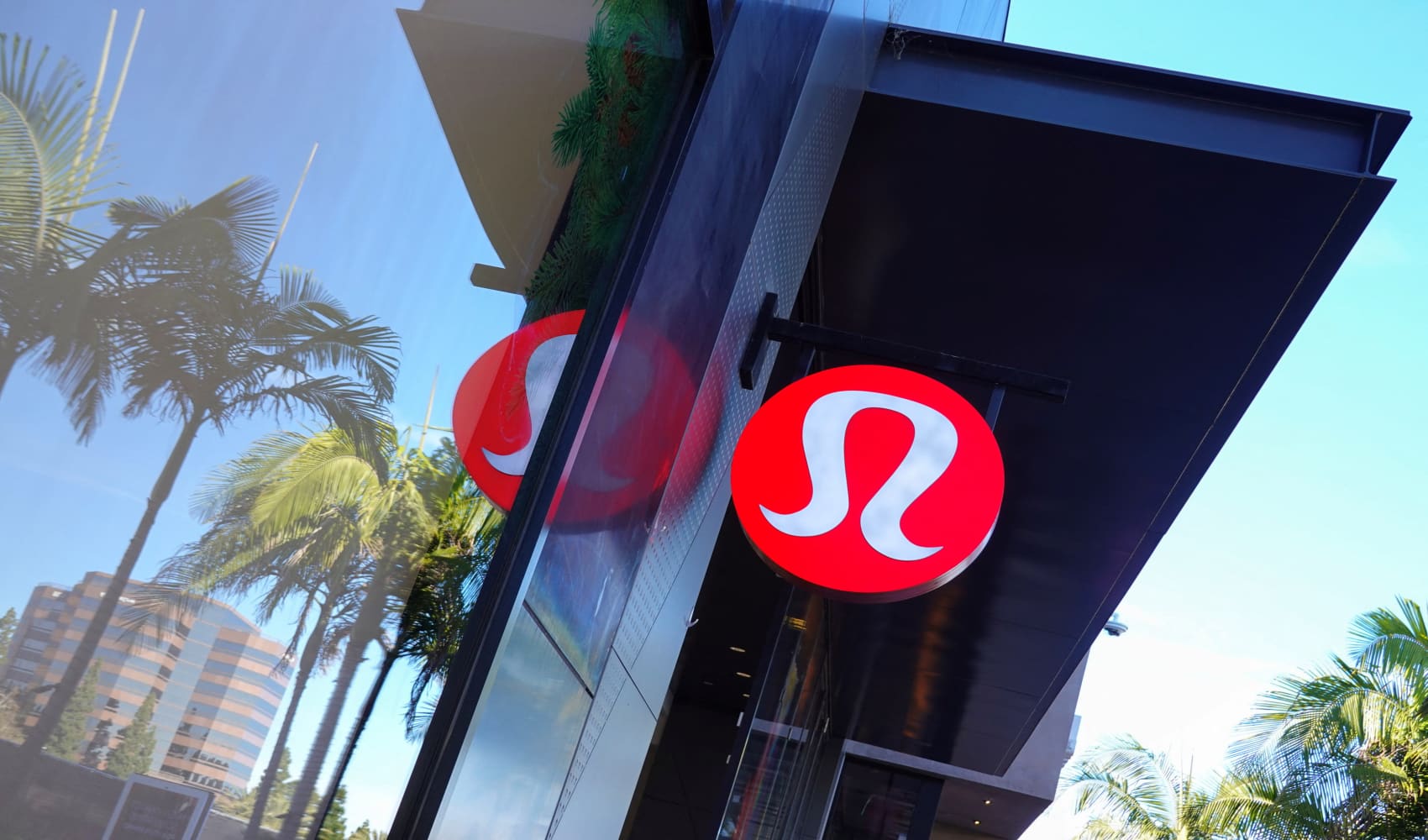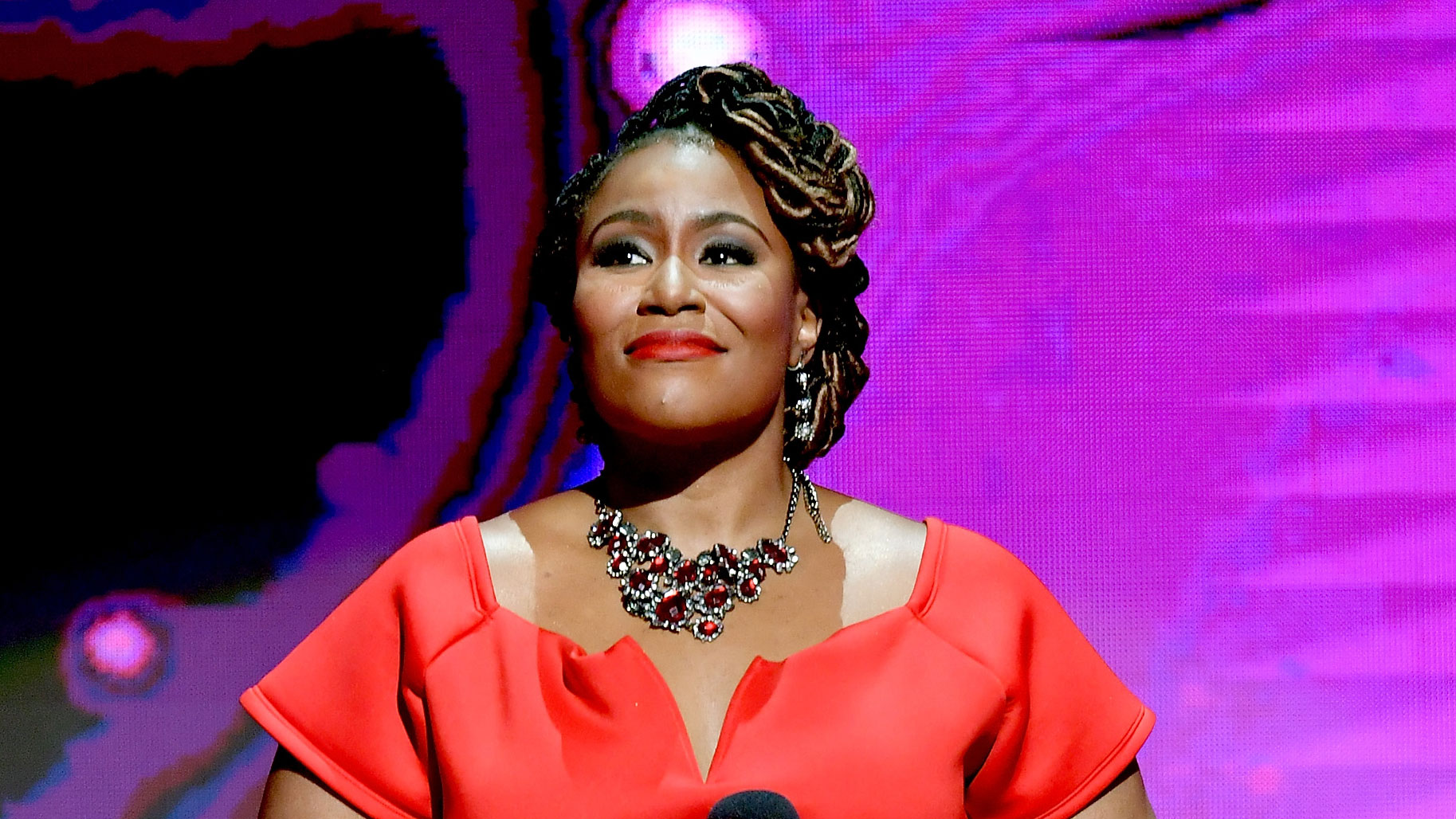The trials for six police officers charged in the arrest and death of Freddie Gray will be held in Baltimore, a judge ruled Thursday.
Baltimore Circuit Court Judge Barry Williams said it would be nearly impossible to find a place not inundated by publicity about the high-profile case.
Williams dismissed arguments from the officers' attorneys, who said the days of riots, protests and city-wide curfews would make it impossible to choose unbiased jurors. The defense also said the trials should be moved because the city settled with Gray's family for $6.4 million, sending a message that the officers are guilty.
"The fact that the city settled the civil matter doesn't affect the criminal matter," the judge said.
A small group of protesters outside the courthouse cheered when they heard the decision and then chanted: "The trial stays here."
Prosecutors had argued that high-profile trials -- such as those of the Boston Marathon bomber and the D.C. sniper -- were successfully held locally, and the only circumstance under which a change of venue is appropriate is in "a small community where you have an armed lynch mob at the door," Chief Deputy State's Attorney Michael Schatzow said.
Gray, a 25-year-old black man, died after being fatally injured while in police custody in April.
U.S. & World
Attorney Ivan Bates, who had argued on behalf of all six officers, said the settlement announced earlier this week sways prospective jurors and indicates "these officers are guilty, and if they are not guilty, why are we paying them $6.4 million?"
But in his argument, Schatzow said the riots were "confined to a relatively small geographic area" and not widespread enough to impact each and every Baltimore citizen. He dismissed defense arguments that rioting and widespread media coverage would taint the jury pool.
"The sniper case was tried in Montgomery County," Schatzow said. "To suggest that a few days of curfew has same impact as 22 days of residents wondering if they'll be shot to death when they walk out of their house is not a fair comparison," he said.
The judge said in this era of worldwide communication, "information is ubiquitous, and every person in the city and state can choose to inundate themselves."
"In this day and age, what does one do with a high-profile case?" he said.
Gray died April 19, a week after he suffered a critical spinal injury in police custody. His death prompted protests and rioting that shook the city and caused millions of dollars in damage, and has since come to symbolize the broken relationship between the police and the public in Baltimore, and the treatment of black men by police in America.
Baltimore Mayor Stephanie Rawlings-Blake said the judge made the right decision and that having the officers' trials in Baltimore will help the city heal.
She said there's no estimate of how much the trials will cost the city, but that the city has the flexibility to respond as needed.
The officers were indicted in May and face charges ranging from second-degree assault to second-degree murder.
All six officers, including Edward Nero and Garrett Miller, are charged with second-degree assault, misconduct in office and reckless endangerment. Lt. Brian Rice, Sgt. Alicia White and Officer William Porter also face a manslaughter charge, while Officer Caesar Goodson faces the most serious charge of all: second-degree "depraved-heart" murder.
Police had a "soft presence" outside the courthouse Thursday -- no shields, helmets or riot gear -- as about 20 protesters gathered before the hearing. One demonstrator was arrested.
Rawlings-Blake and Police Commissioner Kevin Davis thanked protesters for remaining peaceful Thursday. They said officers have the proper training and equipment to respond appropriately if more unrest were to break out, as it did following Gray's death.
Davis says he has met with the leaders of two protest groups. He says police and protesters have the same goal: to ensure they have the opportunity to make their voices heard without breaking any laws.
Davis said he wanted to personally see that the protesters were able to demonstrate outside the courthouse.
"I hope you realize I'm out here because I want to be part of the solution," Davis told one protester, as the two talked in front of the courthouse.
Some protesters chanted: "Commissioner, go home."
Davis said he knows people are frustrated, but he would rather have protesters tell him to go home than wonder where he was.
The pretrial hearing for the six officers ended Thursday afternoon after Williams denied defense requests to subpoena certain documents and files from the state's attorney's office. Williams found the requests overly broad.
They included a request for police academy training materials.



